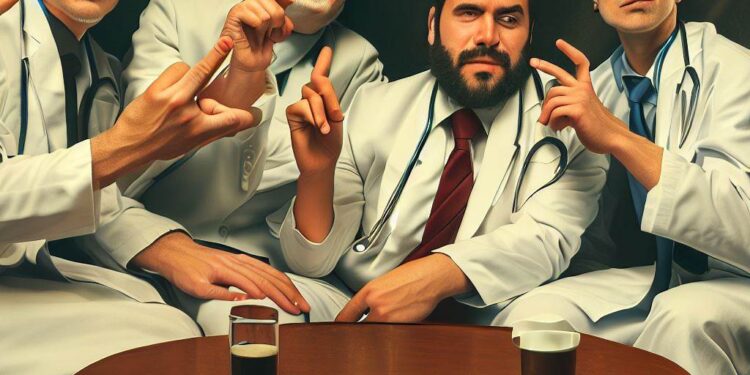
AI impressions of physicians
To prove that Physicians Anonymous is surfing the wave of high technology, we’ve been playing around with various AI models. Starting with image generators, we’ve been both impressed and horrified by the outputs.

To prove that Physicians Anonymous is surfing the wave of high technology, we’ve been playing around with various AI models. Starting with image generators, we’ve been both impressed and horrified by the outputs.

Self-compassion, a practice rooted in mindfulness and self-kindness, has emerged as a powerful tool to support the well-being and resilience of physicians. This hands-on guide will explore the evidence base for self-compassion in physicians and provide practical steps to cultivate self-compassion in physicians’ daily lives.

I believe we can come out of this crisis with a new culture of a caring community. But this is only possible if we invest in self-compassion.
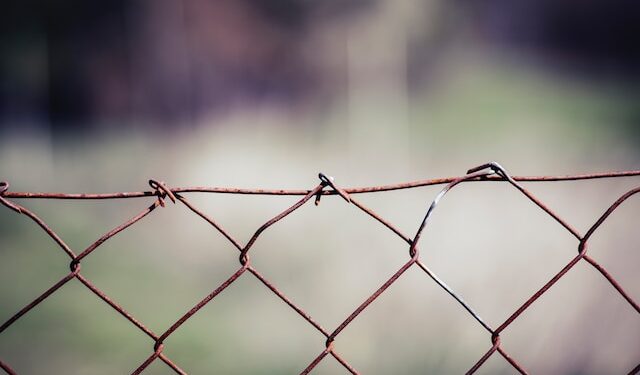
Self-compassion does not make you soft. Boundaries do not make you closed off nor selfish. I had to repeat this many times before I started to understand how true and how essential self-compassion and boundaries are in our lives.
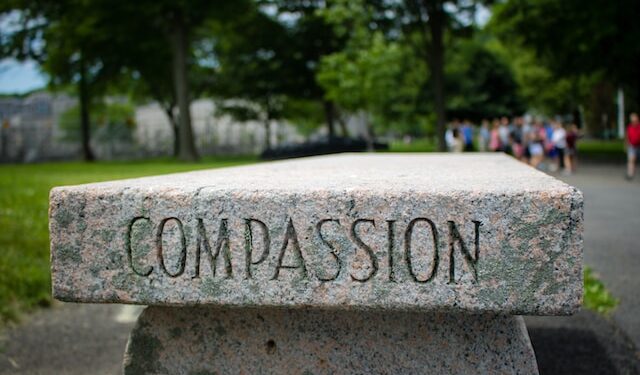
I’ve spent years deeply uncomfortable in my skin. Wanting to disappear.
Last night- a wave of anxiety hit me as it often does when the world gets quiet.
In tune with my body for a brief moment, my heart ached.
Why?

Doctors and those in training are taught to put the needs of others ahead of their own – often to the detriment of their own well-being. Self-compassion can play a vital role in supporting physician wellness and overall work satisfaction.

This blog explores the science of gratitude for physicians, how it may tackle burnout, and gives some suggestions for gratitude practice.

If there is anything positive to come from this pandemic, it is the realization of the importance of peer support. Physician peer support programs with an emphasis on preventing burnout and growing community have are being piloted and implemented in different ways and organizations around the country.
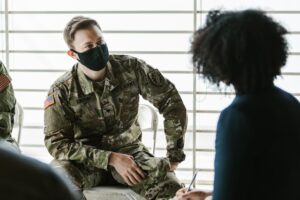
There has never been a more urgent need to combat, or ideally prevent, physician burnout, mental illness, and suicide. In this article, we explore a number of peer support programs and summarize the key elements required to develop safe and supportive spaces for the unique needs of physicians at risk of burning out.

In this article, I write about 5 steps towards physician post-traumatic growth. These are simple daily practices that may help you rebuild with precious metal holding and enhancing your imperfections.
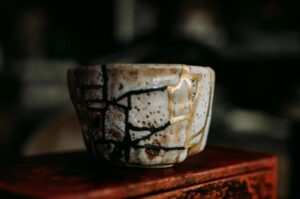
For those of us who survive the trauma of medicine, there is indeed the possibility of physicians rebuilding happier, stronger, maybe even smarter. Like a shattered vase repaired with gold running through it, post-traumatic growth for physicians is a thing.

Women physicians still face disproportionate challenges within their medical careers compared to men. In part 2 we illustrate general and woman-specific strategies to combat female physician burnout.

Women physicians still face disproportionate challenges within their medical careers compared to men. Unsurprisingly, those women who face more work-related stressors report less satisfaction with their careers, and more burnout occurs in female doctors.

In this article, we illustrate how physician burnout has been worsened by the Covid-19 pandemic, against a background of already high levels of physician distress.

While traits like conscientiousness, agreeableness, neuroticism are helpful in being a successful and safe clinician, they can have their downsides.

Physician loneliness is a thing. In Part 2, I look at the lonely physician and systemic (“Them”) factors and solutions.
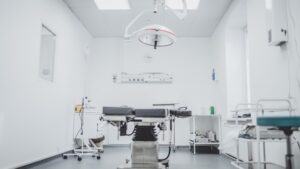
We humans are wired for connection. Our ancestors evolved as social beings because, simply, working together as a band of humanoids increased their chances of survival and reproduction. Multiple studies have shown that collaboration engenders survival advantage. Yet physician loneliness is a real thing.

There is clearly no quick fix to the underlying causes of moral injury in healthcare. This is not a war where a ceasefire can be declared.
So, how do we try to move from the collective moral injury experience of physicians to a systematic change in the structure of medical practice?
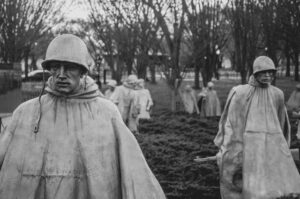
“Front-line”, “battle”, “the trenches”. These terms are all too familiar when talking about modern medicine. Why are we referencing war when we should be talking about healing?

Nearly 300 doctors a year die by suicide. That’s a million patients losing their doctors every year. Beyond the horrific numbers are the human stories. In this article, we reference a physician suicide register that collected details of our lost colleagues.
We remember the human beings — physicians, bright, dedicated, loved and loving, yet still human — who died by suicide.

The idea of physicians boosting their own resilience seems reasonable – at least as this relates to the personal resilience required for being a doctor. Here we present a number of physician resilience programs designed by doctors